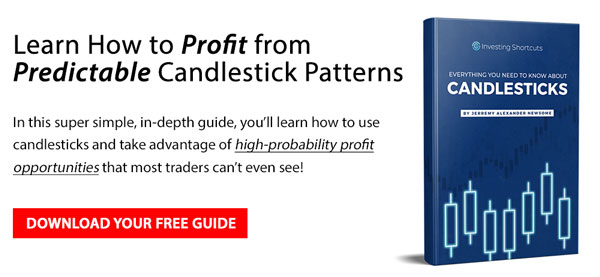
Options values and modeling can become quite complicated, but they can also follow some very simple rules. If you’re new to options, one of the most critical elements to understand is the element of theta, or time decay. Theta measures the rate of decline of an option’s value due to the passage of time.
Read on to find out how to demystify the effects of time decay.
A Waste of Time?
Options are a wasting asset, and as such, they literally “bleed” value as they approach their expiration dates (assuming they are out-of-the-money). All other things being equal, an option will lose value as it approaches expiration. This rate of decline is exponential in nature, speeding up as the expiration date approaches.
Options have two types of value: Intrinsic value and extrinsic value. Intrinsic value is any value the option has from being in-the-money. Extrinsic value is the time value of an option. As an option gets closer to expiration, extrinsic value decreases until the option expires worthless or if in-the-money is exercised or settled for cash.
What to do When Trading Options
There are a few things you need to think about when trading options. If you are net long options, then theta works against you. If you are net short options, then theta is your friend and works in your favor. Theta accelerates exponentially as expiration approaches, and out-of-the-money options are comprised of extrinsic or time value only.
For example, the mini SP500 futures contract is currently trading at the 2000 level. Investor Bill believes it will go higher, and decides to purchase the out-of-the-money front month 2020 call option for a premium of 1 point, or $50 in this case. This $50 premium is comprised entirely of time value.
One week after Bill purchased the call option, the mini SP500 futures contract is still trading right around the 2000 level. Now, however, Bill’s long call option has lost over half its value, and is only worth $20. All other inputs have remained constant, and Bill’s option has lost value due to the passage of time.
Conversely, the trader that sold the call has seen theta work in his or her favor. If they sold the call for a premium of one, ($50), and it’s now only valued at $20, then he or she has a “paper” profit of $30. If the option ends up expiring worthless, Bill will lose his entire $50 investment while the trader that sold the call will make $50.
When it comes to options trading, you can be right but still be wrong. The effects of time decay must be considered when looking at potential strategies and positions.











